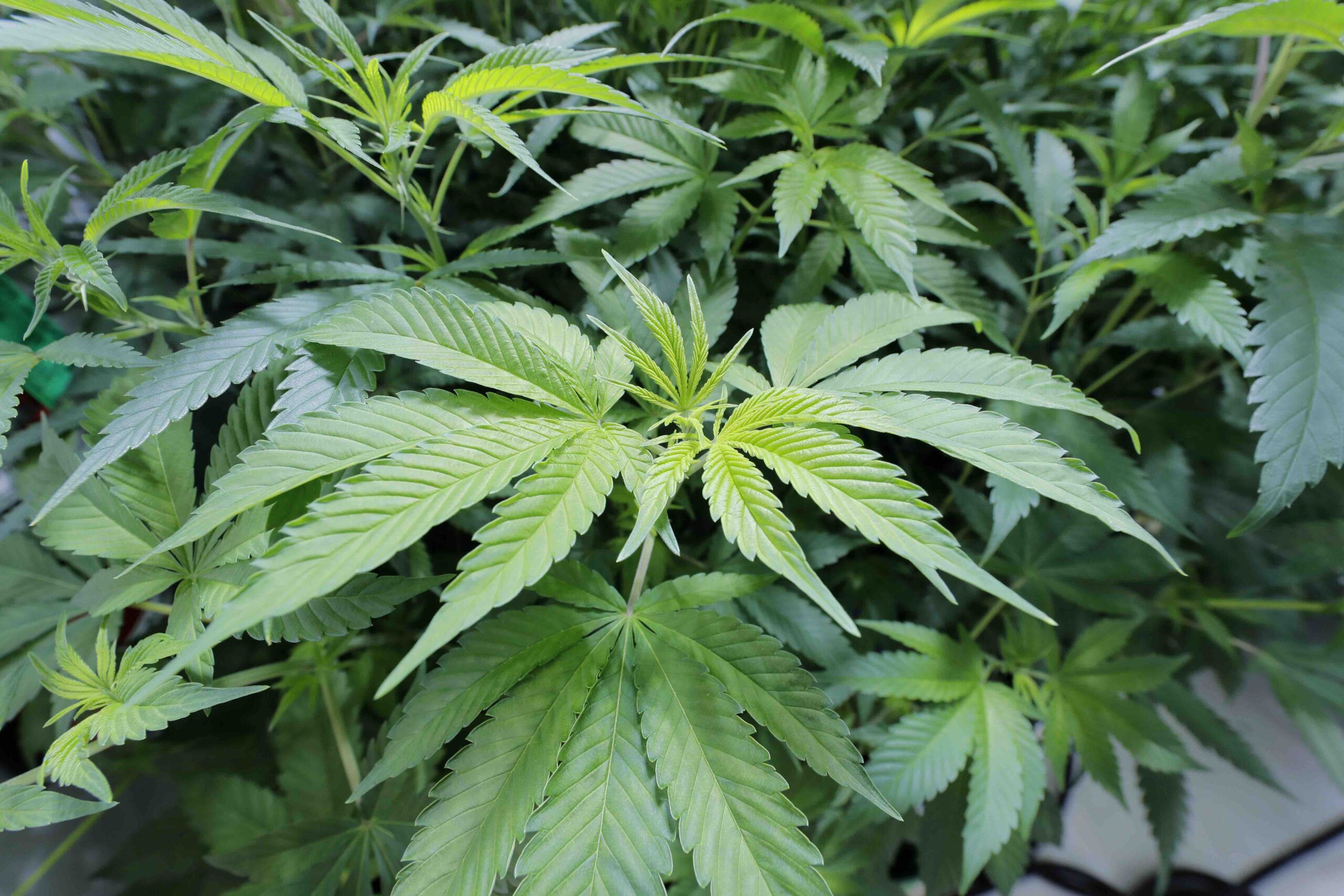
Weed isn’t a gateway drug, says a new study
In a study published earlier this month, researchers are helping to dispel the notion of cannabis as a gateway drug – a substance that leads to the use of other harder drugs. It shows that legalizing weed by a state does not result in adult use of other substances, nor does it increase drug abuse, whether cannabis or any other substance. In fact, the study found that legalization can lead to a decrease in alcohol-related problems.
The theory of cannabis as a gateway drug emerged in the 1970s, embedded in the messages of the War on Drugs, a campaign ostensibly trying to curb drug use in the United States but ultimately targeting people of color in order to lock them up en masse (and always still does today).
The theory suggests that cannabis and alcohol are “soft” drugs that are easy to obtain – especially for teenagers – and that their use will lead to hard drugs such as cocaine, heroin and others, as well as addiction.
Prohibitionists have long touted cannabis as a gateway drug to block legalization efforts across the country. This study helps debunk the false narrative about weed and lends weight to the pro-legalization movement.
“We really haven’t found support for many of the harms that people fear about legalization,” lead author Stephanie Zellers said in a press release. “From a public health perspective, these results are reassuring.”
Related
The History of Cannabis Prohibition in the United States
What does the study say?
Drawing on data from two decades-long studies at the University of Colorado and the University of Minnesota, the study looked at over 4,000 twins — 40% in a legal recreational cannabis state (Colorado) and 60% in a non-legal cannabis state (Minnesota ). The study’s use of twins “controls for a variety of variables, including age, social background, early life at home, and even genetic inheritance,” said author John Hewitt.
The subjects were studied at two different times: before 2014, when Colorado first opened dispensaries, and after. The consumption of alcohol, tobacco, cannabis and illegal substances as well as mental health were measured.
“For the low-level cannabis use that made up the majority of users, legalization does not appear to increase the risk of substance use disorders in adults,” said co-author Dr. Christian Hopper. This applied to both cannabis and other substances.
The study also found no association between legalization and cognitive, psychological, social, relationship, or financial problems in individuals.
It goes on to say that prevention and intervention of cannabis abuse would be best targeted at risk factors such as family history, mental disorders, etc., rather than cannabis availability.
It’s important to note that the study was limited in some areas, since it only focused on people in Minnesota and Colorado, and that 92% of the participants were White. Additionally, according to the study, the subjects were “characterized by low substance use and psychosocial dysfunction.”
Related
Is Marijuana a “Gateway Drug”?
Why this study is important
Although the idea of cannabis as a gateway drug is becoming more and more of a relic, further dispersal of the idea may see more states legalize recreational cannabis, and eventually the federal government as well.
With legalization comes regulation and product testing, an essential step to ensure consumers know what is in their cannabis products, which is not the case with illegally marketed products. Legalization will also lead to more research into the plant to better understand its benefits and effects.
The study authors note that while legalization does not lead to substance abuse disorders, whether in cannabis or any other substance, more research is needed on the plant, particularly on THC potency, dosage, and consumption patterns.
Pat Goggins
Pat Goggins is a senior content editor at Leafly, specializing in cannabis cultivation after working for a commercial grower in Oregon. When you’re not correcting typos, chances are you’ll find him on a boat or in the mountains.
Check out Pat Goggins’ articles
By submitting this form, you are subscribing to Leafly news and promotional emails and agreeing to Leafly’s Terms of Service and Privacy Policy. You can unsubscribe from Leafly email communications at any time.

Post a comment: